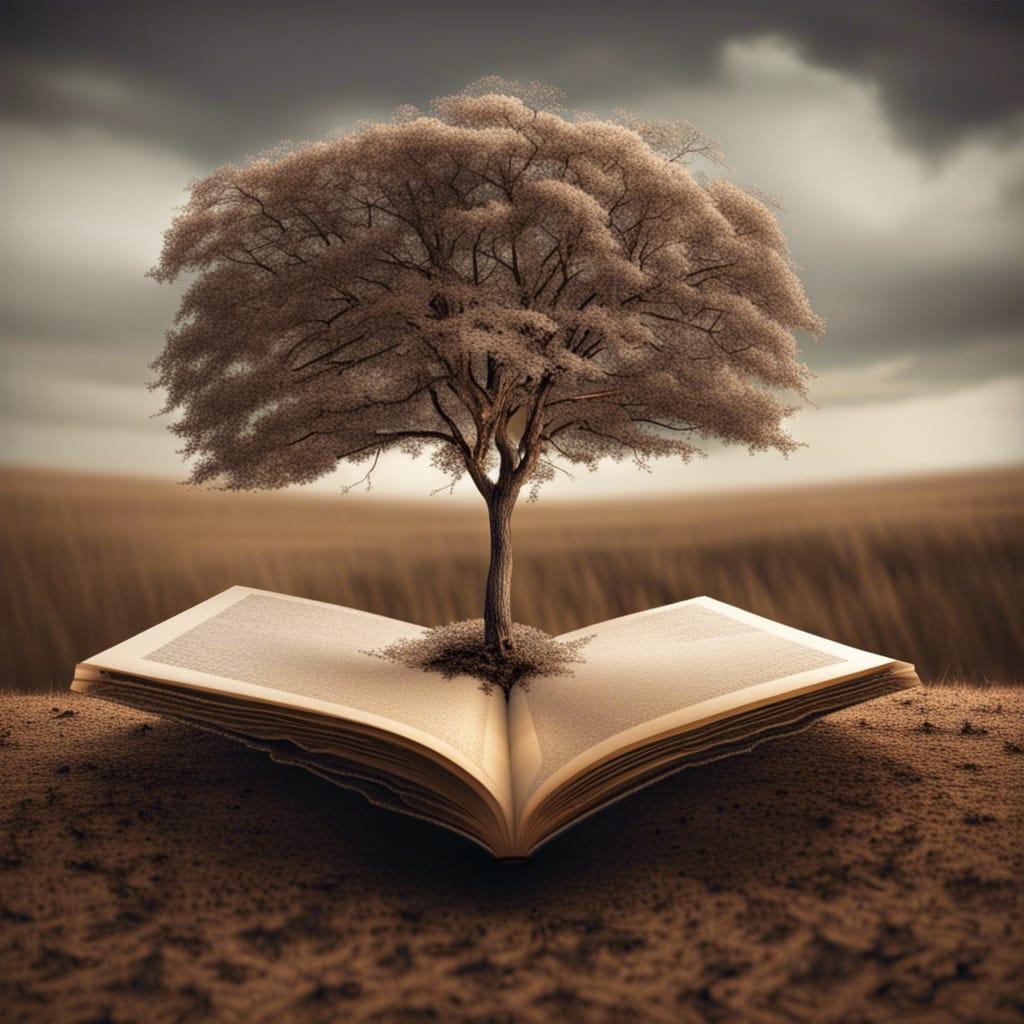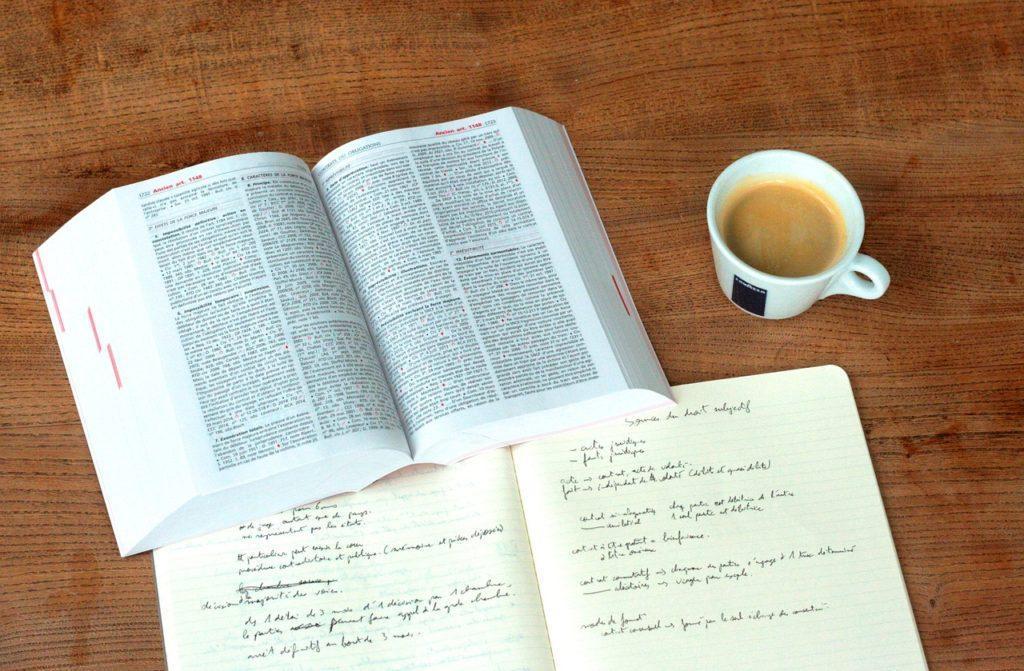Copyright law is a legal concept that grants exclusive rights to creators and authors of original works. It is a form of intellectual property protection that ensures that creators have control over how their works are used and distributed. Copyright is important because it encourages creativity and innovation by providing creators with the incentive to create and share their works without fear of unauthorized use or exploitation.
Key Takeaways
- Copyright protects original works of authorship and is important for creators to control the use and distribution of their work.
- Eligible works for copyright protection include literary, artistic, musical, and other creative works.
- Registering your copyright provides legal evidence of ownership and allows for legal action against infringement.
- Fair use allows for limited use of copyrighted material for purposes such as criticism, commentary, and news reporting.
- Protecting your copyright online involves watermarking, monitoring, and taking legal action against infringement.
What is copyright and why is it important?
Copyright is a legal right that grants the creator of an original work the exclusive rights to reproduce, distribute, display, perform, and create derivative works based on their original creation. It protects a wide range of creative works, including literary works, music, art, films, software, and architectural designs. Copyright gives creators the ability to control how their works are used and allows them to profit from their creations.
How to determine if your work is eligible for copyright protection
In order for a work to be eligible for copyright protection, it must meet certain criteria. The work must be original, meaning that it must be independently created by the author and possess some level of creativity. It must also be fixed in a tangible medium of expression, such as a book, painting, or digital file.
Examples of works that can be copyrighted include novels, poems, songs, paintings, sculptures, photographs, films, choreography, computer software, and architectural designs. These works are considered original creations that are fixed in a tangible medium.
However, not all works are eligible for copyright protection. Ideas, facts, titles, names, slogans, and short phrases are generally not eligible for copyright protection because they are considered to be too basic or common. Additionally, works created by the U.S. government are not eligible for copyright protection.
The benefits of registering your copyright
| Benefits of Registering Your Copyright |
|---|
| Legal Protection |
| Exclusive Rights |
| Public Notice |
| Ability to Sue |
| Statutory Damages |
| Presumption of Ownership |
| International Protection |
While copyright protection exists automatically upon the creation of an original work, there are several benefits to registering your copyright with the U.S. Copyright Office.
Firstly, registration provides a public record of your copyright ownership. This can be useful in proving your ownership of the work in case of any disputes or infringement claims. It also allows you to file a lawsuit for copyright infringement in federal court, which is necessary if you want to seek damages or an injunction against someone who has infringed on your copyright.
Secondly, registration is required before you can file a lawsuit for copyright infringement. If you have not registered your copyright, you will not be able to take legal action against someone who has infringed on your rights.
To register your copyright, you need to complete an application form and submit it to the U.S. Copyright Office along with a filing fee and a copy of the work being registered. The process can be done online or by mail, and it typically takes several months for the registration to be processed.
Understanding fair use and how it applies to your work
Fair use is a legal doctrine that allows limited use of copyrighted material without permission from the copyright owner. It is an important exception to copyright law that allows for the use of copyrighted works for purposes such as criticism, comment, news reporting, teaching, scholarship, and research.
The determination of whether a particular use qualifies as fair use depends on four factors: the purpose and character of the use, the nature of the copyrighted work, the amount and substantiality of the portion used, and the effect of the use on the potential market for or value of the copyrighted work.
Examples of fair use include quoting from a book in a book review, using a small portion of a song in a parody, and using a copyrighted image in a news article. However, it is important to note that fair use is a complex and subjective concept, and the determination of whether a particular use qualifies as fair use can vary depending on the specific circumstances.
How to protect your copyright online
With the rise of the internet, protecting your copyright online has become increasingly important. Online copyright infringement is a common problem, with individuals and organizations illegally using copyrighted works without permission.
There are several risks associated with online copyright infringement. Unauthorized use of your copyrighted work can result in financial loss, damage to your reputation, and loss of control over how your work is used. It can also discourage you from creating and sharing new works if you feel that your rights are not being respected.
To protect your copyright online, there are several steps you can take. Firstly, you should mark your work with the copyright symbol (©), your name, and the year of creation. This puts others on notice that your work is protected by copyright.
You should also consider using digital rights management (DRM) tools to prevent unauthorized copying or distribution of your work. DRM tools can encrypt your work or add watermarks to deter infringement.
Monitoring online platforms for unauthorized use of your copyrighted works is also important. There are several online tools available that can help you track and identify instances of copyright infringement. These tools can notify you when someone is using your work without permission and allow you to take appropriate action.
The consequences of copyright infringement
Copyright infringement can have serious legal consequences. If someone infringes on your copyright, you have the right to take legal action against them to stop the infringement and seek damages.
The legal consequences of copyright infringement can include monetary damages, injunctions to stop the infringing activity, and even criminal penalties in some cases. The amount of damages that can be awarded in a copyright infringement lawsuit can vary depending on factors such as the nature of the infringement, the extent of the harm caused, and the defendant’s conduct.
There have been several high-profile copyright infringement cases in recent years. For example, in 2015, the band Led Zeppelin was sued for copyright infringement over their song “Stairway to Heaven.” The lawsuit alleged that the opening riff of the song was copied from a song by the band Spirit. The case went to trial, and Led Zeppelin ultimately prevailed, with the jury finding that there was no substantial similarity between the two songs.
What to do if someone has infringed on your copyright
If you discover that someone has infringed on your copyright, there are several steps you can take to address the situation.
Firstly, you should gather evidence of the infringement. This can include screenshots or copies of the infringing material, as well as any correspondence or communication with the infringer.
Next, you should send a cease and desist letter to the infringer. A cease and desist letter is a formal letter that demands that the infringer stop using your copyrighted work and may also request compensation for any damages caused by the infringement. The letter should clearly state your rights as the copyright owner and provide a deadline for the infringer to respond.
If the infringer does not comply with your cease and desist letter, you may need to involve a lawyer. An attorney can help you navigate the legal process and take appropriate legal action against the infringer. This may include filing a lawsuit for copyright infringement and seeking damages or an injunction.
How to license your work to others while protecting your copyright
Licensing is a common way for creators to monetize their copyrighted works while still retaining control over how their works are used. By licensing your work, you can grant others permission to use your copyrighted material in exchange for payment or other considerations.
To license your work, you need to create a licensing agreement that outlines the terms and conditions of the license. The agreement should specify how the work can be used, the duration of the license, any restrictions or limitations on use, and the compensation or royalties that will be paid to you as the copyright owner.
It is important to protect your copyright while licensing your work. This can be done by including provisions in the licensing agreement that require the licensee to properly attribute your work, prohibit unauthorized copying or distribution, and grant you the right to terminate the license if the licensee breaches the terms of the agreement.
Staying up-to-date with changes in copyright law
Copyright law is constantly evolving, with new laws and regulations being enacted and existing laws being amended. It is important for creatives to stay informed about these changes in order to protect their rights and ensure that they are in compliance with the law.
There are several ways to stay up-to-date with changes in copyright law. One way is to regularly check for updates on the U.S. Copyright Office website. The Copyright Office provides information on new laws, regulations, and court decisions that may impact copyright owners.
Another way to stay informed is to join professional organizations or associations that focus on copyright law. These organizations often provide resources, publications, and educational events that can help you stay up-to-date with changes in copyright law.
It is also a good idea to consult with an attorney who specializes in copyright law. An attorney can provide you with guidance and advice on how to protect your copyright and navigate any changes in the law.
In conclusion, copyright is a crucial aspect of the creative industry that protects the rights of creators and encourages innovation and creativity. Understanding copyright law and how it applies to your work is essential for creatives who want to protect their rights and ensure that they can profit from their creations.
By registering your copyright, understanding fair use, protecting your copyright online, and taking appropriate action against infringement, you can safeguard your rights as a creator. Additionally, staying up-to-date with changes in copyright law and licensing your work can help you monetize your creations while still retaining control over how they are used.

